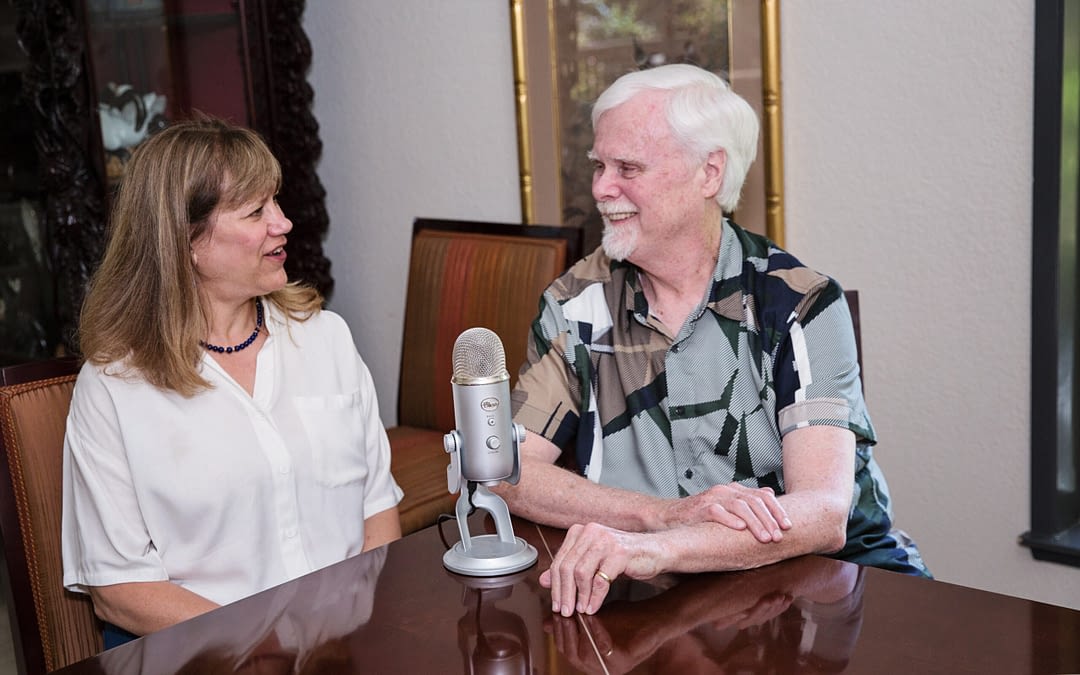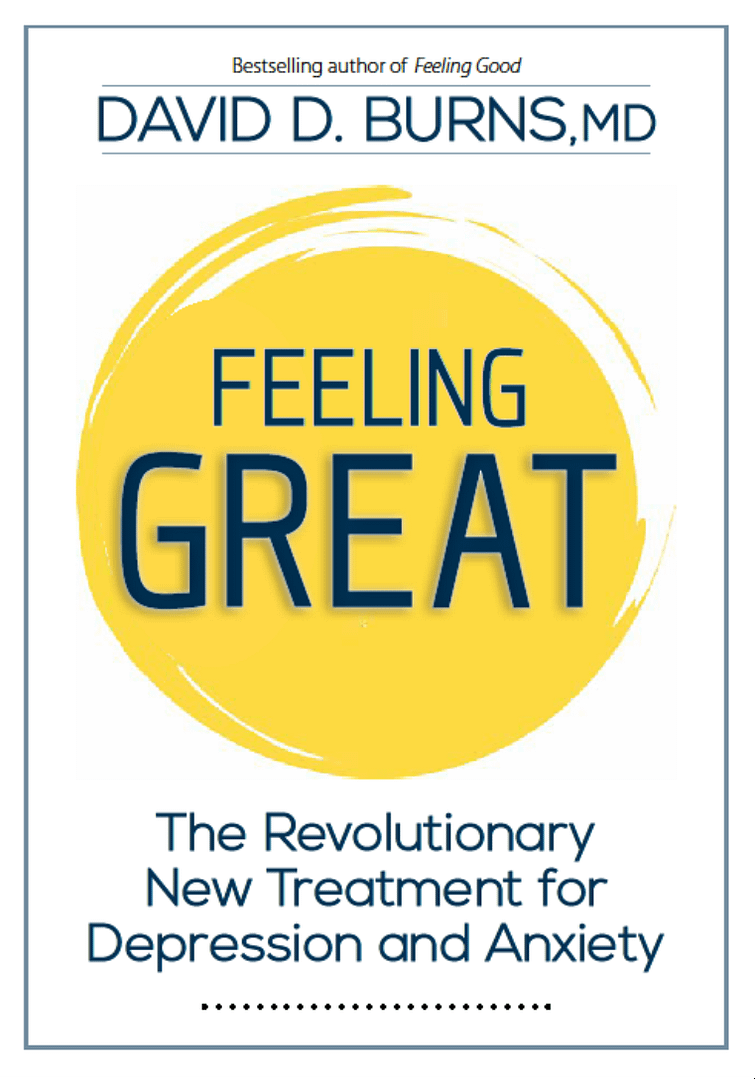- Will people respond to the survey and can they provide meaningful information that can be analyzed statistically?
- Are people feeling more distress now?
- If so, have the negative feelings of depression, anxiety, anger and hopelessness changed more in men or women?
- Have the positive feelings of happiness and relationship satisfaction changed in men or women since just before the start of the pandemic?
- How have therapists fared, as compared with non-therapists?
How are You Feeling Now?
Changes in Negative Feelings Since Corona
- Prior to the corona pandemic, the means of the negative mood variables varied from 13.2 (on a scale of 0 to 100) for hopelessness to 24.1 for anxiety. Keeping in mind that a score of 25 indicates “mild” symptoms, this means that all of these negative feelings were slightly elevated, but the elevations were minimal to mild.
- At the current time, all four negative feelings have increased significantly, ranging from 23.7 for hopelessness to 38.5 for anxiety, so the negative feelings are now mild to moderate.
- Prior to the corona pandemic, there were no significant differences in any of the negative mood variables in men vs. women. There have been significant increases in negative feelings since that time, but the greatest increases occurred in women. In fact, in women, the negative feelings approximately doubled. This means that the women who completed the survey, on average, now report feeling moderately depressed, anxious, angry and hopeless.
- For men, in contrast, the only negative feeling that increased significantly was anger.
- There were no statistically significant differences in anger levels in men vs. women before the corona pandemic and there are no significant differences now.
How are You Feeling? Changes in Positive Feelings Since Corona
- Prior to the corona pandemic, the means of the happiness and relationship satisfaction scales were 55.6 and 58.6 (on a scale from 0 to 100), meaning they were just a tad better than moderate. This indicates that there was quite a bit of room for improvement in positive feelings prior to the pandemic.
- At the current time, the mean of happiness has dropped to 41,1 but relationship satisfaction has held steady at 56.8 (not a significant change.)
- There were no significant differences in happiness in men vs women before the pandemic, and there are no differences now. Happiness has decreased in both men and women, and the decreases have been similar in men and women.
- In contrast, relationship satisfaction did not differ in men vs. women at either time point, and there have been changes in relationship satisfaction in men or women since the pandemic. This is encouraging, and means that although men and women are more distressed now, feelings of intimacy and closeness to others have not diminished. In other words, social distancing has not led to feelings of isolation or emotional distancing in our population.
How Are Therapists Feeling Now?
Do you think that the therapists who completed the survey will have significantly different scores than non-therapists on the negative and positive mood variables? And if so, do you think the mean therapist scores will be higher or lower? Here are the findings:- Therapists scored 9.85 points higher on happiness as well as relationship satisfaction than non-therapists at both time points. This was highly significant. For example, non-therapists scored 50.2 on happiness and relationship satisfaction at time 1 (moderately happy and moderate relationship satisfaction), while therapists scored 60.1 on happiness and relationship satisfaction. Of course, there’s a lot of room for improvement in both groups, since these variables range from 0 to 100.
- Therapists also scored better than non-therapists on the negative variables at time 1, and the magnitude of the difference was 7.7. So for example, on depression, the non-therapist mean at time one was 21.2 (approaching mildly depressed), while the therapist mean was only 13.5. However, at the current time, things have changed. Now the therapists scores on depression, anxiety, anger and hopelessness are no different, on average, from the scores of non-therapists. Keep in mind that the negative mood variables also range from 0 to 100.
Open-Ended Questions: The People Behind the Numbers
Dr. Diane Schiano led the charge in the discussion of several open-ended questions in our survey. The results can be summarized like this:- People are feeling concerned about getting sick, dying or something bad happening to a loved one.
- People are coping by connecting with friends and loved ones and trying to keep up physical and mental health.
- People think digital therapy is a good idea, even if it’s not ideal
“I remember hearing about [the corona virus] when {the pandemic] first started in China, but I wasn’t overly concerned. I felt like it was a bad flu and would likely blow over. Then I watched the news unfold, particularly in Italy, and realized how serious this is. Once they started shutdowns in California, I realized how serious and close to home this is.”
Rhonda pointed out the discrepancy between our findings and a recent UN reports of increases in domestic violence since the start of the pandemic. While our survey of podcast fans did document increases in anger in men and women since the outbreak, satisfaction in personal relationships was absolutely unchanged in men and women, and was identical in men and women. At the same time, the mean relationship satisfaction level in our group was only “moderate,” which is not especially high. There are a few disclaimers. First, the findings in this survey probably do reflect the people who receive my Word Press blogs, but may not reflect the US population as a whole. The individuals who receive my blogs or listen to my podcasts are therapists, patients, and general citizens with a fairly strong interest in mental health topics as well as self-help, so the feelings in our group might easily be skewed in a somewhat more negative direction. Second, we are measuring peoples’ perceptions of their feelings prior to learning of the pandemic. We did not actually measure their feelings prior to the corona epidemic. Thanks for tuning in, and please let us know what you thoughts about today’s program! If you’d like me to publish more polls, suggest some interesting poll questions, if any come to mind. Rhonda, Jeremy, Diane, Alex, and David If you like our jingle music and would like to support the composer Brett Van Donsel, you may download it here.* * *
IMPORTANT ANNOUNCEMENT
FREE TEAM THERAPY FOR HEALTHCARE WORKERS
Health care workers face incredibly challenging times, having to fight a potentially fatal epidemic without adequate supplies or protection. The TEAM therapy community is now offering free TEAM-CBT treatment for 100 health care workers in Bay Area, California counties. For more information, please go to the website: Feelinggood.foundation.* * *
This is the cover of my new book, Feeling Great. It will be released in September of 2020, but you will soon be able to pre-order it on Amazon, possibly by the time you read this!

Need Training or CE Credits?
Check Out these Awesome Upcoming Workshops!
The Cognitive Distortion Starter Kit: How to Crush Negative Thoughts
With Drs. David Burns and Jill Levitt
May 17, 2020 | 7 CE hours. $135 (online only)
TEAM-CBT includes more than 100 powerful techniques to change the distorted thoughts that trigger negative emotions. But what techniques should I select for my patient who feels depressed, anxious, or angry? As you know, in my book, Feeling Good, I listed the ten most common cognitive distortions, like All-or-Nothing Thinking, Should Statements, Emotional Reasoning, and more, and you probably use that list all the time in your clinical work. But do you know which techniques work the best for each distortion? Come to this workshop and find out! You’ll learn with tons of cool techniques you can use every day to boost your clinical effectiveness. This workshop will be live-streamed (and in person in Palo Alto, CA) so you can join from anywhere in the world! There will be many expert online helpers to assist you with the small-group exercises. Move rapidly if you want to come. We are already SOLD OUT in person, but there are still slots available online. There will be many helpers from the Feeling Good Institute to assist and guide you in the small group exercises in person and online as well. Our last workshop on resistance in February was our most highly rated ever! We hope to make this a terrific and fun learning experience for you, too!Learn More & Register
* * *
2-Day Clinical Master Class
Rapid Recovery from Anxiety Disorders– GAD, Phobias, Panic Attacks, Social Anxiety, OCD, PTSD and Health Anxiety
by David D. Burns, MD
June 4 – 5, 2020, Seattle, Washington
* * *
The All-New Annual South San Francisco Intensive!
Enhanced Empathy Training
August 10 – 13, 2020
It’s Going to Be Awesome!
Videos, Live Demonstrations
Small Group Practice with
Personal Feedback and Mentoring,
and Chances for Personal Work and Healing
During this four-day intensive workshop you will learn:- How to develop deeper and more meaningful relationships with challenging, difficult clients.
- How to deal skillfully with people who refuse to open up and talk to you; won’t listen; are relentlessly critical, narcissistic or controlling; always have to be right; use, abuse, or exploit you; complain endlessly; are hostile, threatening or violent; as well as clients who are overwhelmed, hopeless and suicidal.
- How to develop more loving relationships with the people you care about—as well as the ones you don’t.
- Powerful new techniques to help clients who are struggling with conflicts with loved ones, friends, or colleagues.
- How to deal with the inner chatter and powerful feelings that make it so difficult to deal with conflict when you feel angry or hurt.
- How to identify and modify the self-defeating beliefs that make us vulnerable to conflicts with others.
- How to identify and melt away the intense outcome and process resistance that make the treatment of relationship problems so challenging.



